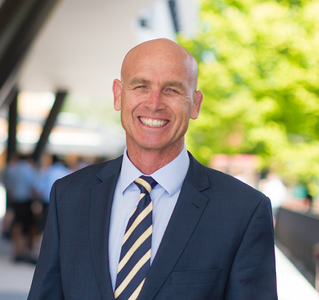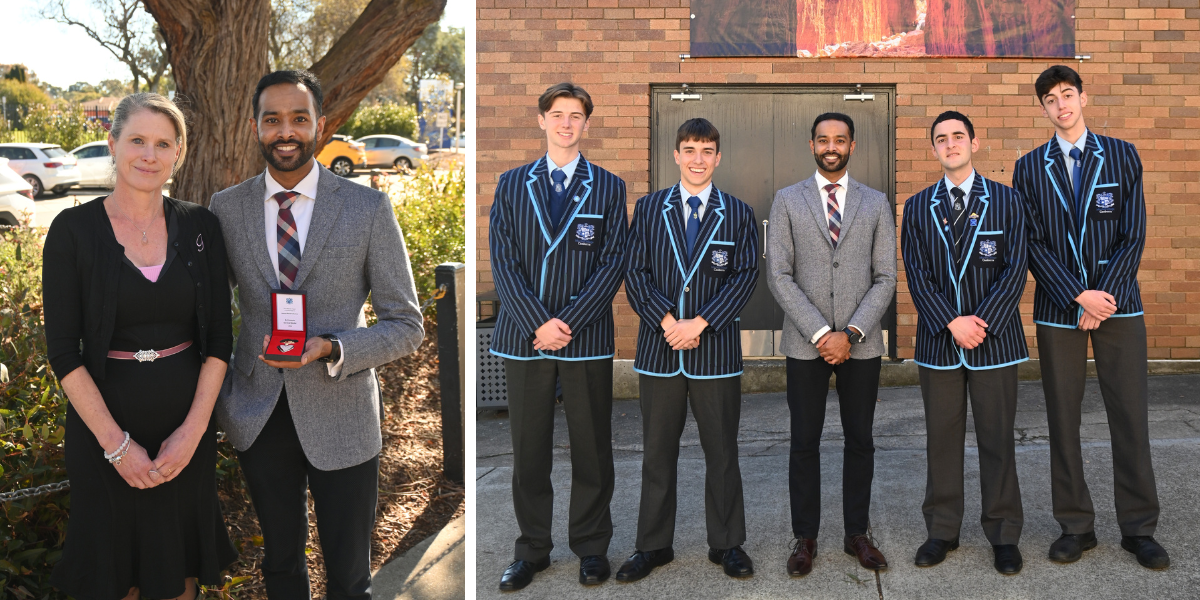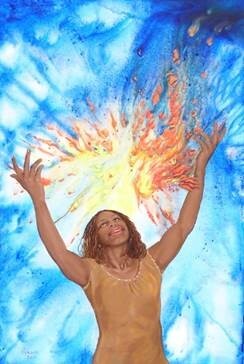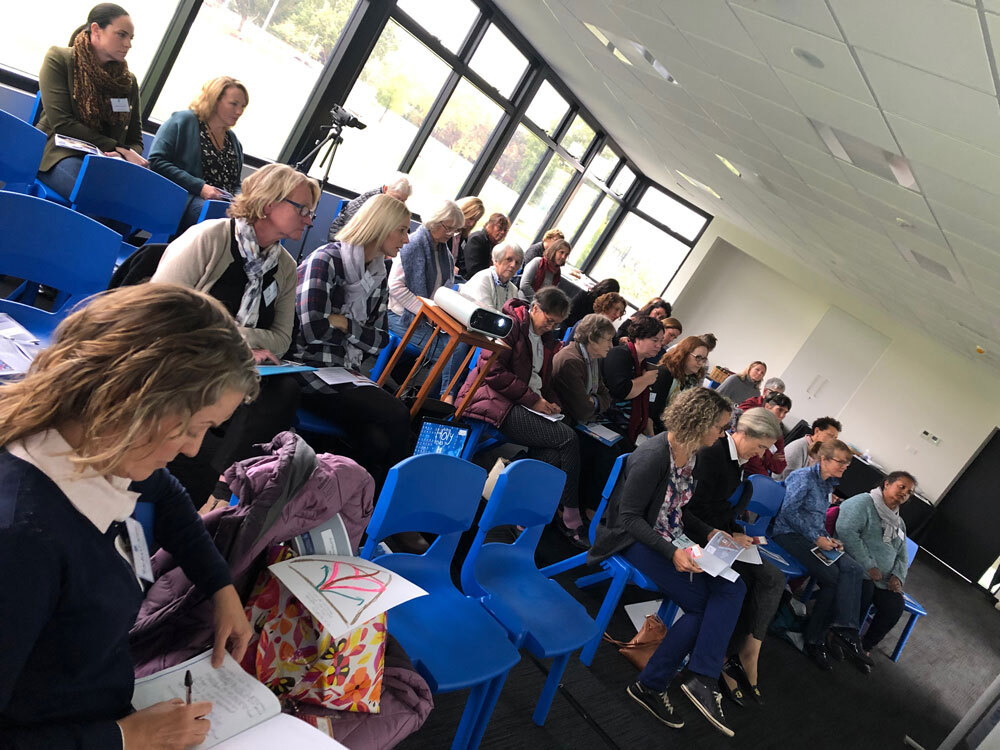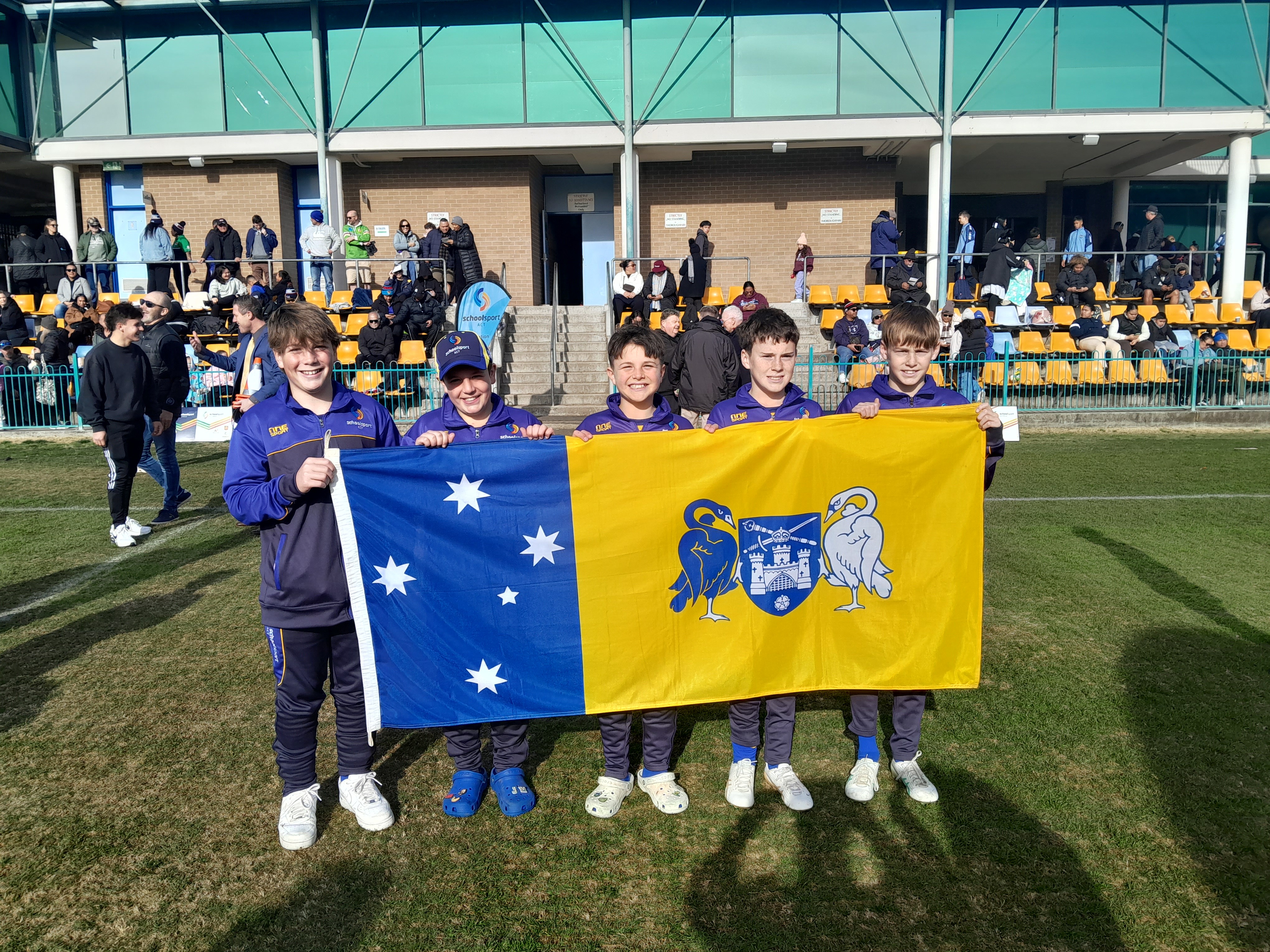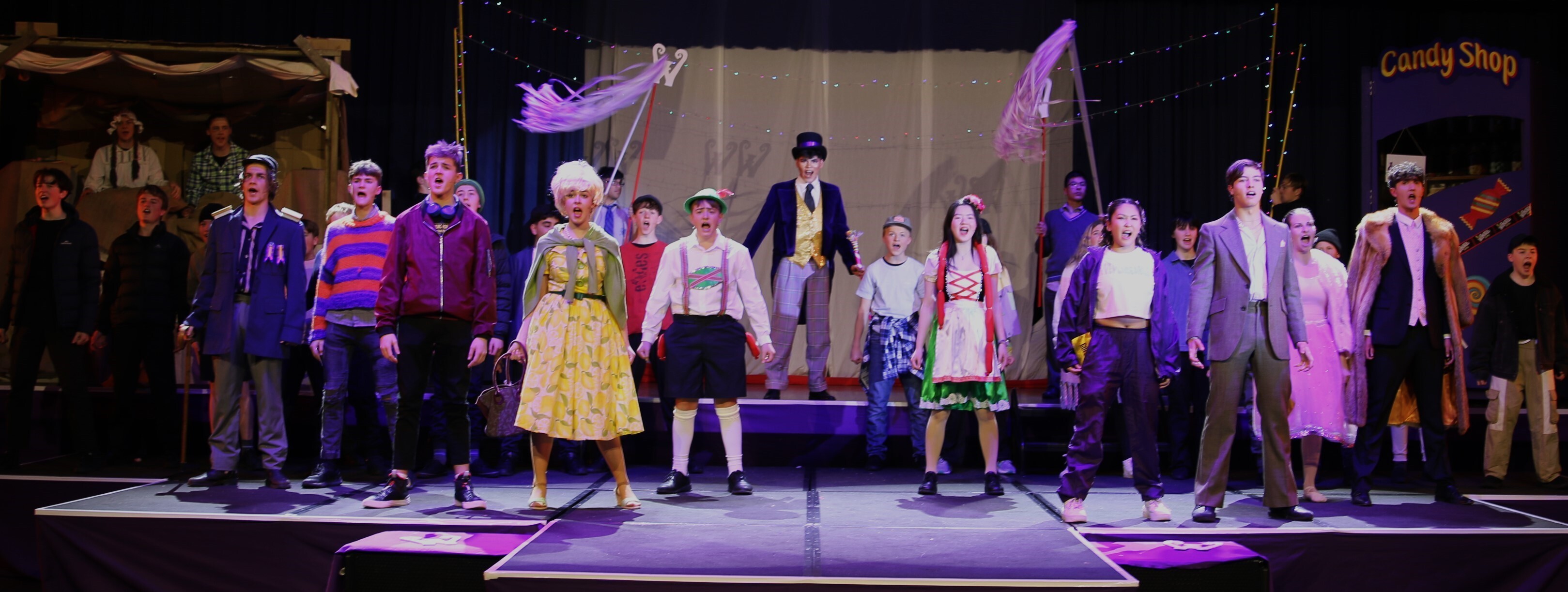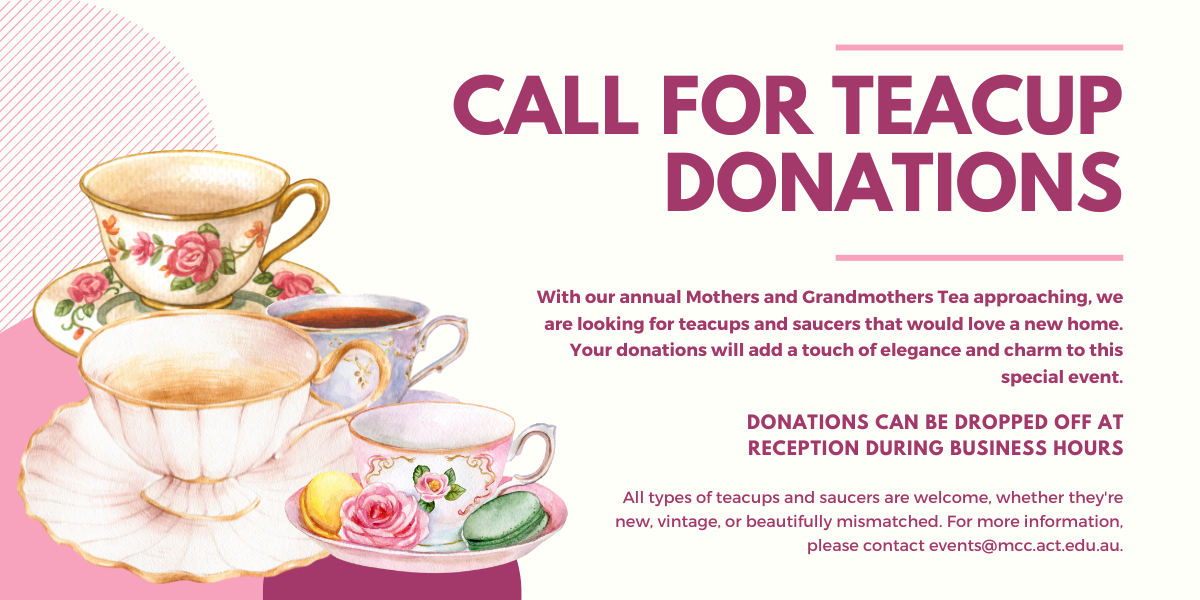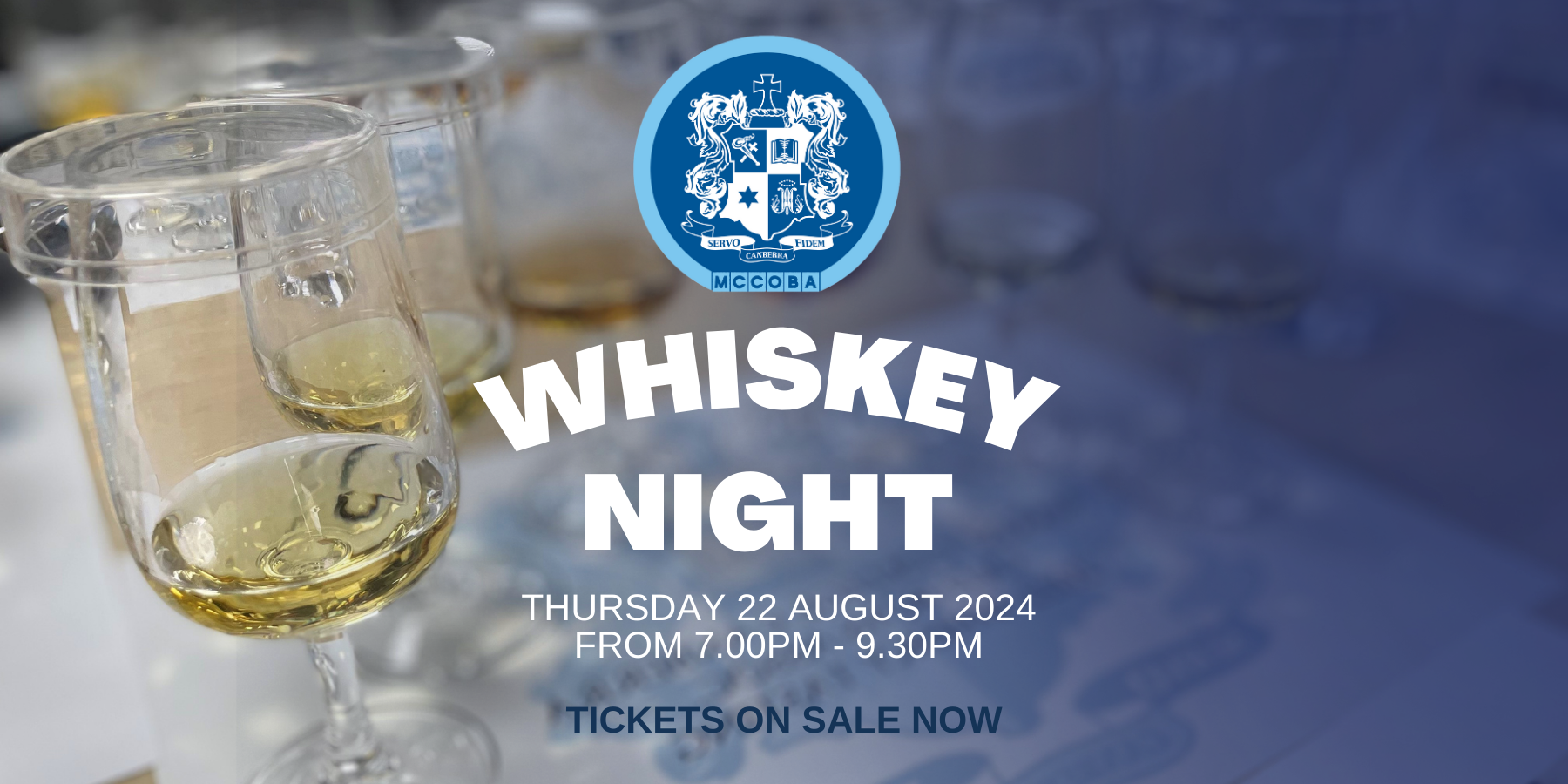Dignity of the human person
By now most would have noticed the public commentary surrounding the Boxing at the Paris Olympics. For those of you who haven’t, it centres around the eligibility of an Algerian boxer, Imane Khelif, who according to reports, was disqualified by the International Boxing Association in previous competition for failing to meet its gender eligibility criteria. The furore, and I use that term deliberately, began when Khelif’s Italian opponent Angela Carini quit after 46 seconds into their fight. Claiming “she never felt a punch like this”. The case has sparked significant debate about fairness, gender issues, and policies in sport.
When the news broke, I knew what was coming. I think all of us did if we were to be honest. The media went wild on claims of cheating, of a “man” fighting a woman, sending social commentary into a spin. Social media was awash with outrage and sensationalism, claims and counter claims, with many newly found experts on gender issues proclaiming their views based on sound bites and snippets of information (or misinformation as it has turned out). The IOC put out statements admitting the complexity of the issues, defending their stance, and the media cycle went on and on, with all major news and current affairs programs milking the story for as much as it was worth. We knew what was coming because we have seen the pattern before, both previous incidents involving transgender athletes attempting to play in women’s sports competitions. It is important to note that the cancel-culture style of modern media is aimed at one thing – clicks. They do not really care about the issue at hand, what they see is an opportunity for continuous discussion, debate, outrage, and viewership to increase advertising revenue. They know, like I do, that any issue regarding gender, particularly around transgender and related areas, drives heavy public discourse. The media often enflame the audience deliberately, the exact opposite of respectful dialogue. As I watched the issue unfold, I noticed one aspect critically missing from the discussion.
Dignity.
As Catholics, we should believe that every person should be treated with dignity, and is worthy of our respect. All people involved in this scenario is a person who has inviolable worth and value to our society, and has been created in the image of God. This worth is not determinant by factors such as race, age, economic status, ability, or dare I say it... gender. It is easy to participate in the furore, especially in areas where we do not understand, or do not agree. As I watched the issue snowball, the level of vitriol and abuse levelled at many highlighted a distinct lack of respect in the discourse. I wondered about the mental health of the people involved, and how they may have felt as the world piled on and debated their worth. As the cycle continued, experts from all sides threw further clouds on the situation, all speculating what was wrong with the situation, with the eligibility requirements, and more specifically, some targeting the boxer herself (NB- it should be noted that at the time of writing the article, there is still a lack of clarity over the issue. The only thing that is clear is the level of upset in the community on both sides).
The College’s definition of respectful relationships focuses on dignity, on empathy, and instructs us to be respectful in circumstances like this. I certainly don’t know all of the details in this situation, nobody does, yet it didn’t stop public commentary and accusations flying around the world. Please do not take this as a statement of support for either boxer in this scenario nor support for the IOC’s stance on gender requirements. This is merely an observation that in circumstances like this, Catholics should model empathy and respect far more than vitriol and hostility. We should always seek out understanding with care and compassion.
There is no more complex issue in current society than the area of gender dysmorphia and Differences in Sex Development (DSD). In fact, before writing this article I took a deep breath knowing the tensions and reactions that the topic can bring to a community. The public discourse touches upon significant issues including a range of potential psychological issues, religious beliefs, biological abnormalities like DSD, ideological battles, vague and conflicting descriptions of gender, misinformation, and as we saw above, hysterical media cycles who further perpetuate strong emotions and fear. After all, gender dysmorphia is an increasingly growing challenge for people to understand in society and in communities. They are issues that society is trying to navigate in an honest and open way, even if it is something we do not understand. What is important at the end of the matter is that the issues, whilst emotional and challenging, often involve the most vulnerable in society. We are not experts in this space, and always should seek out understanding with care and compassion.
As a Catholic School and community, it is important to note that we have our beliefs in this space. The Christian view of what it means to be human is called Christian Anthropology, which draws upon biblical teachings, and the teachings of the Church. It is the study of humanity from a theological perspective, which emphasises the nature of human beings, the role of gender in God’s creation, and importantly, provides a foundation for moral and ethical teachings. The Catholic Church believe that gender is a fundamental aspect of human nature, created by God as Male and Female, and that one’s biological sex is integral to their identity. Importantly in this debate, whilst holding this belief, the Catholic Church emphasises the need to treat all individuals with love, dignity, and respect, avoiding any form of discrimination.
Catholic Teachers are not new to navigating discussions around sensitive issues using Catholic teachings. As a Religion teacher, I have had many discussions with my Year 12 Religious Studies students on ethical issues like euthanasia and abortion, teaching them the foundations of Christian Anthropology and how it applies. As we look at gender issues this year at the College, whilst focusing on masculinity, it was also important for our staff to unpack Christian Philosophical Anthropology and what it means to be male and female from a Christian perspective. The theological understanding helps us understand our responsibilities toward other and society and really is a critical part of the formation of Catholic school teachers.
I am delighted to offer the opportunity for parents to inform their understanding of Christian Anthropology with a presentation from Professor Patrick McArdle. Professor McArdle is the current Chancellor of the Archdiocese of Canberra and Goulburn and has over 30 years as a leader in Catholic Education. His academic background is in the fields of moral and practical theology, canon law, education and pastoral care. His doctoral work on the centrality of personhood and relationships was applied to the construction of models of health care and ethics in health care but is more broadly applicable with human services. Put simply, he is expertise in Christian Anthropology is a gift to our community.
Patrick will be presenting “Webs of Relationships: How Christian Anthropology underpins Gender Issues in Schools” in the Veritas Theatre on Monday 12 August from 5:00pm to 6:00pm. It is open to all in the community who wish to learn about the underpinnings of so many issues in today’s society. I encourage all who wish to understand and receive formation in how the Christian worldview might understand issues around gender, and to help promote a deeper understanding and respectful dialogue on issues like gender, to attend this event.
If you would like to attend, please RSVP here.
I do not know how the boxing issue will conclude. I only hope that for all involved, more dignity and respect can be found and modelled from all sides for the benefit of all.
Liam Stakelum
Acting Headmaster
